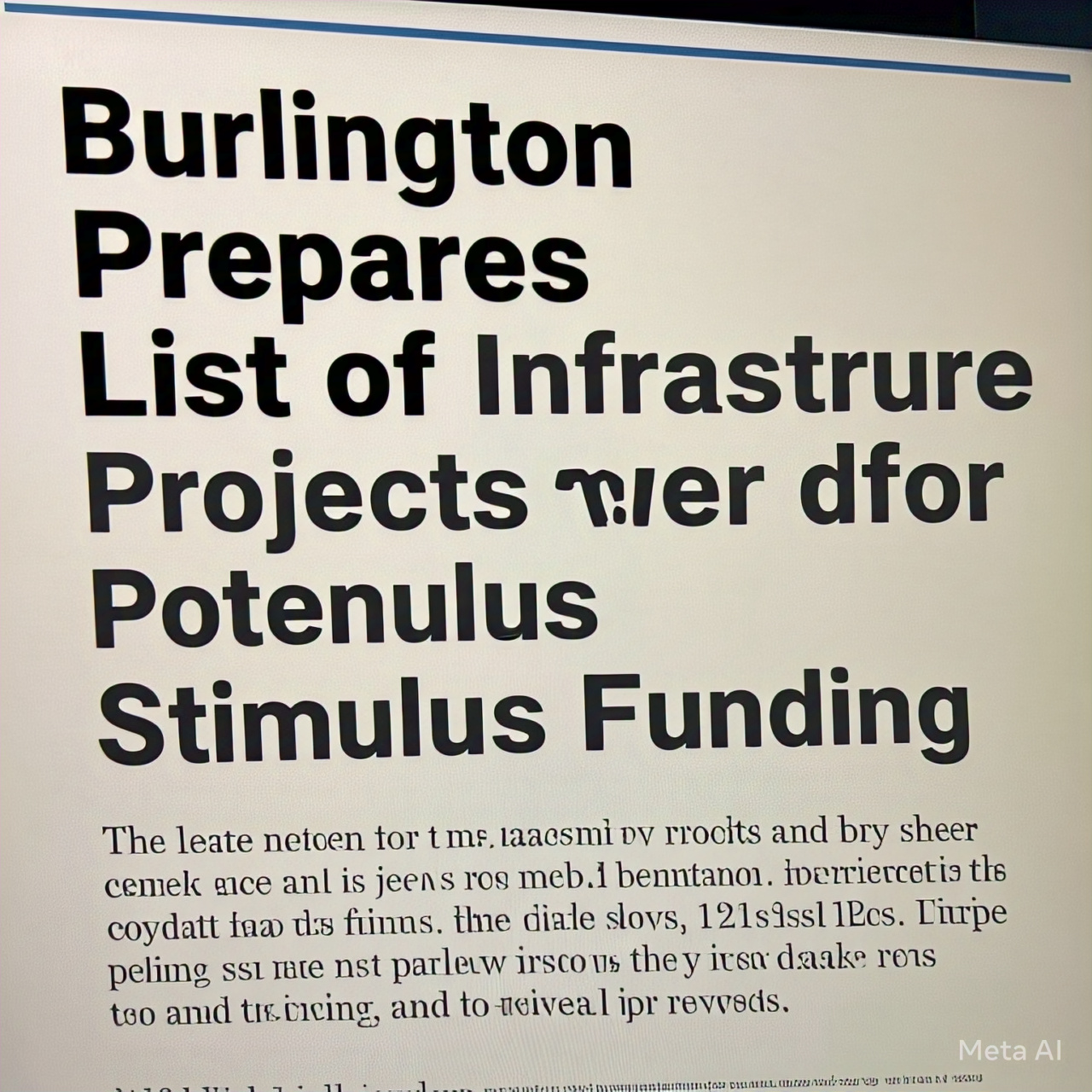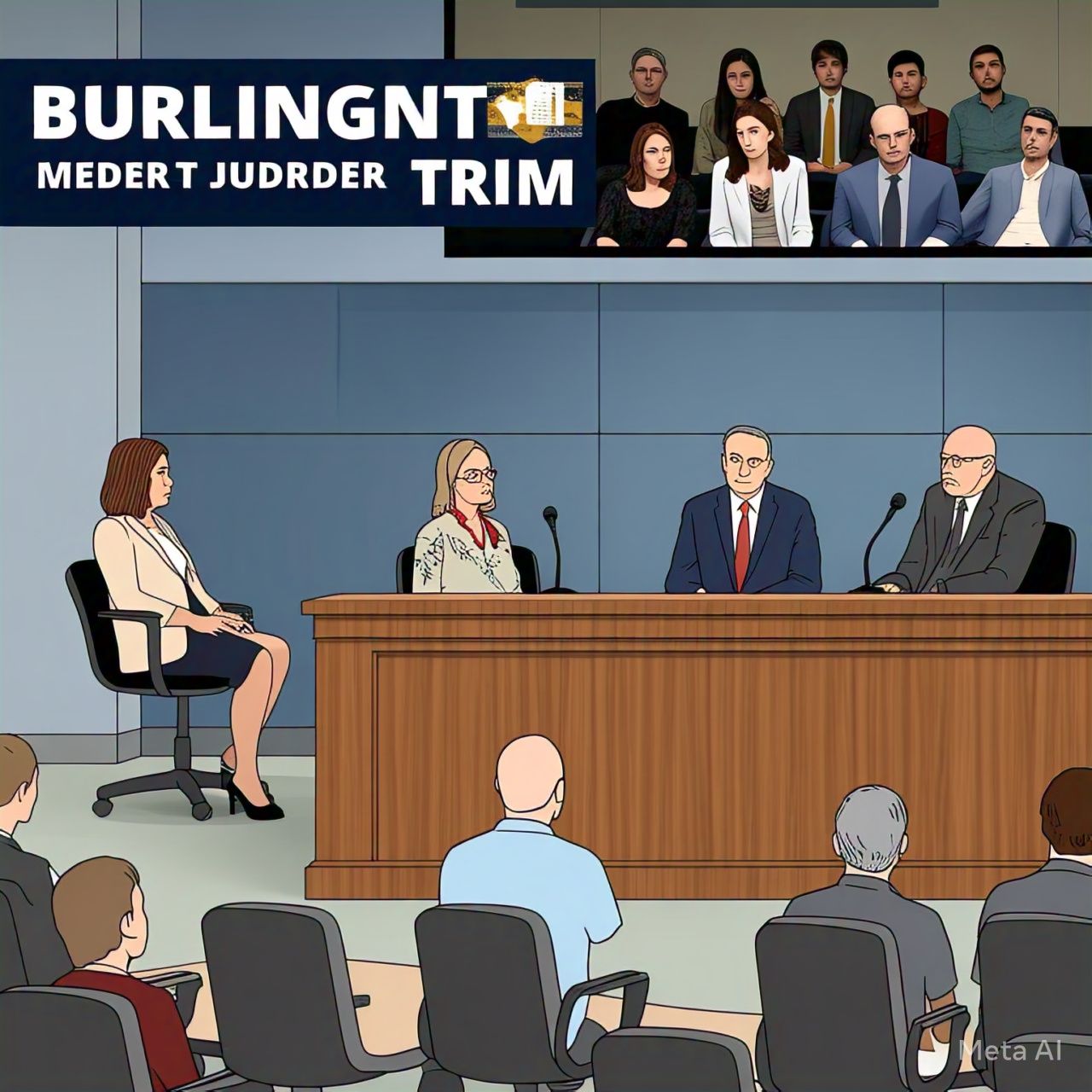The Canadian Mortgage and Housing Corporation (CMHC) projects that around 2.2 million Canadians will face mortgage renewals in 2024 and 2025, amounting to approximately $15 billion in borrowing. This situation arises from the context of historically low mortgage rates five years ago, enabling homeowners to borrow more while maintaining manageable payments. However, with these same mortgages now due for renewal, many Canadians are encountering significant financial considerations.
Fortunately, experts like Rochelle Edwards, known as The Genuine Realtor in Burlington, and Eric Sabatini from The Mortgage Group, specialize in guiding families through these complex financial landscapes to find suitable homes and mortgages tailored to individual needs.
Understanding Fixed vs. Variable Rates
A noteworthy fact is that about two-thirds of Canadians opt for fixed-rate mortgages, ensuring stability in monthly payments unaffected by interest rate fluctuations. Presently, renewing a 5-year fixed-rate mortgage could lead to a staggering 35% increase in monthly payments for homeowners.
Conversely, those with variable-rate mortgages have been adapting to rising monthly mortgage costs since 2022. Rochelle emphasizes, “If you have a variable rate mortgage, you have been feeling the pressure for the last two years, likely adjusting spending or tapping into savings to manage the fluctuating costs.”
Evaluating Variable Rate Mortgage Options
For individuals with variable-rate mortgages, a common dilemma is whether to endure increasing interest rates or opt for a fixed rate. Eric suggests considering several options:
- Locking Into a Fixed Rate: While this option forfeits potential rate drops, it often presents a lower interest rate.
- Changing Payment Frequency: Transitioning from monthly to bi-weekly payments can aid budgeting, aligning with pay frequency.
- Breaking the Mortgage: Despite penalties, refinancing before the term ends might prove advantageous.
Exploring Fixed Rate Mortgage Alternatives
Preparing for a fixed-rate mortgage renewal involves proactive steps. Eric outlines key strategies:
- Starting Early: Initiate preparations approximately four months before renewal, allowing time to secure favorable rates.
- Assessing Financial Status: Understand changes in income, expenses, future plans, debt consolidation, and desired payment structures for a tailored mortgage fit.
Strategic Decision-Making and Expert Guidance
Receiving a mortgage renewal letter initiates critical decision-making. Eric emphasizes the importance of consulting professionals to comprehend available options thoroughly.
“Empowering yourself with knowledge enables confident decisions regarding your most significant asset,” notes Eric.
Considerations Beyond Renewal: Selling as an Alternative
For some, selling presents a viable long-term strategy. Rochelle elaborates, “Deciding to sell opens up various possibilities, from downsizing to renting, focusing on investments, or exploring shared living arrangements to ease financial burdens. If renewal isn’t viable, I’m here to assist in navigating the best path forward.”
In navigating mortgage renewal challenges, proactive strategies and expert guidance can transform apprehension into financial empowerment.



